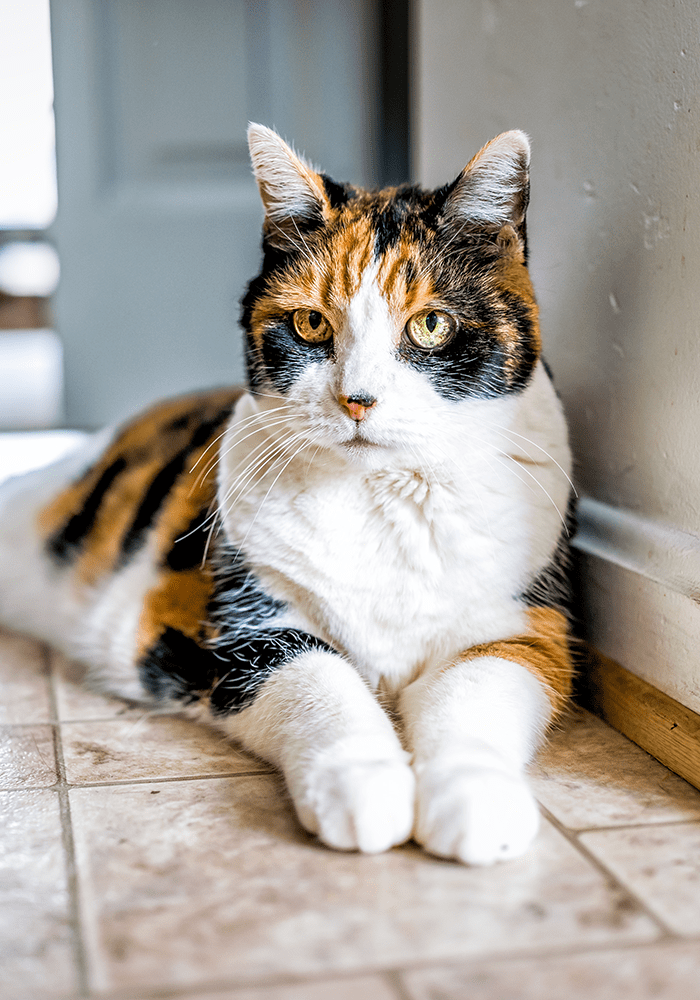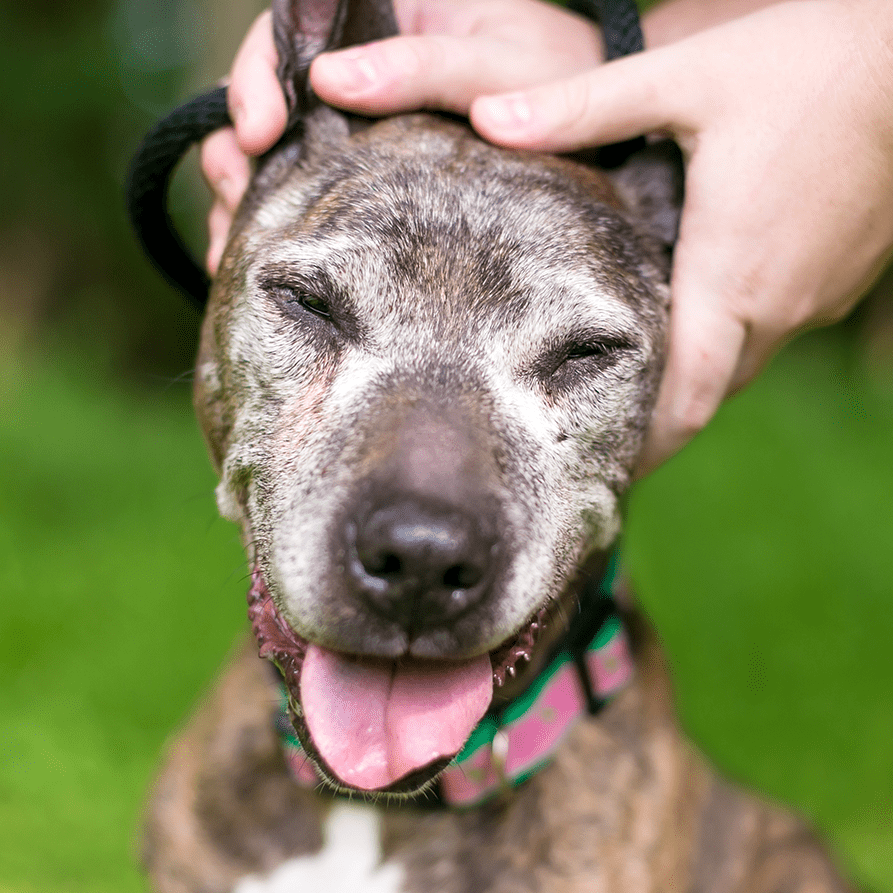
Why More Frequent Visits Are Vital for Senior Pets
As pets age, their health can change rapidly—sometimes in ways that aren't immediately obvious. That’s why we recommend senior dogs and cats visit us at least twice a year for checkups. More frequent exams allow us to:
- Catch health concerns early before they become serious
- Adjust nutritional needs, exercise routines, behavioral management, and medications as your pet ages
- Manage pain and mobility challenges associated with arthritis, ligament injuries, and various degenerative conditions
- Monitor for subtle shifts in weight, behavior, or appetite that can indicate underlying health problems
By visiting our Summerfield animal hospital more often, your senior pet can experience a better quality of life for longer and age with grace.
Common Health Concerns in Senior Pets
Aging pets may face a variety of health issues, but early intervention makes a difference. Here are some of the most common problems we monitor in senior dogs and cats:

Arthritis is especially common in large-breed or overweight dogs, but cats suffer from it too—though they are typically better at hiding their pain. Signs of arthritis include:
- Difficulty standing up, lying down, or climbing stairs
- Stiffness or limping
- Reluctance to jump onto furniture or into the car
- Decreased interest in play or exercise
- Irritability when touched or handled
We offer a variety of options to help manage arthritis, including joint supplements, pain medications, therapeutic diets, and laser therapy to reduce inflammation.
The kidneys and liver play vital roles in filtering toxins from the body, but as pets age, these organs can begin to lose function. Early-stage kidney or liver disease often has subtle symptoms, including:
- Increased thirst and urination
- Decreased appetite and weight loss
- Vomiting or diarrhea
- Lethargy and general weakness
Routine bloodwork and urinalysis can help detect kidney and liver disease early, allowing us to implement dietary changes, fluid therapy, and medications to slow progression.
Hormonal imbalances, such as diabetes and thyroid disease, become more common in senior pets and can lead to severe complications if left untreated. Endocrine disorders can result in:
- Excessive drinking and urination
- Changes in appetite and weight
- Weakness
- Dull coat
- Behavior changes
Managing these conditions often involves medication, dietary adjustments, and routine follow-ups.


Unfortunately, cancer is a leading cause of illness in senior pets. While some tumors are benign, others can be aggressive. Early detection is key, so watch for:
- Unexplained lumps or bumps
- Wounds that don’t heal
- Sudden weight loss
- Changes in appetite or behavior
- Persistent coughing or difficulty breathing
If we detect any suspicious growths, we may recommend diagnostic tests such as fine-needle aspiration, biopsy, or imaging to determine the best course of action.
Just like people, pets can experience cognitive decline as they age. Signs of cognitive dysfunction include:
- Disorientation (staring at walls, getting stuck in corners)
- Increased anxiety or restlessness, especially at night
- House-soiling despite being trained
- Changes in sleep patterns or increased pacing
- Decreased interaction
While there is no cure, certain diets, supplements, medications, and environmental enrichment (such as puzzle toys and regular exercise) can help slow cognitive decline and improve your pet’s quality of life.
Supporting Your Senior Pet’s Quality of Life
At Mulberry Grove Animal Hospital, we believe that growing older doesn’t mean slowing down on care. Whether it’s pain management, dietary adjustments, or simply extra TLC, we’re here to ensure your pet enjoys their senior years in comfort and happiness.
Is your pet entering their golden years? Contact us today at (352) 245-9009 or make an appointment below to schedule a senior wellness exam! Together, we’ll help your golden oldie age gracefully, comfortably, and with the care they deserve.


